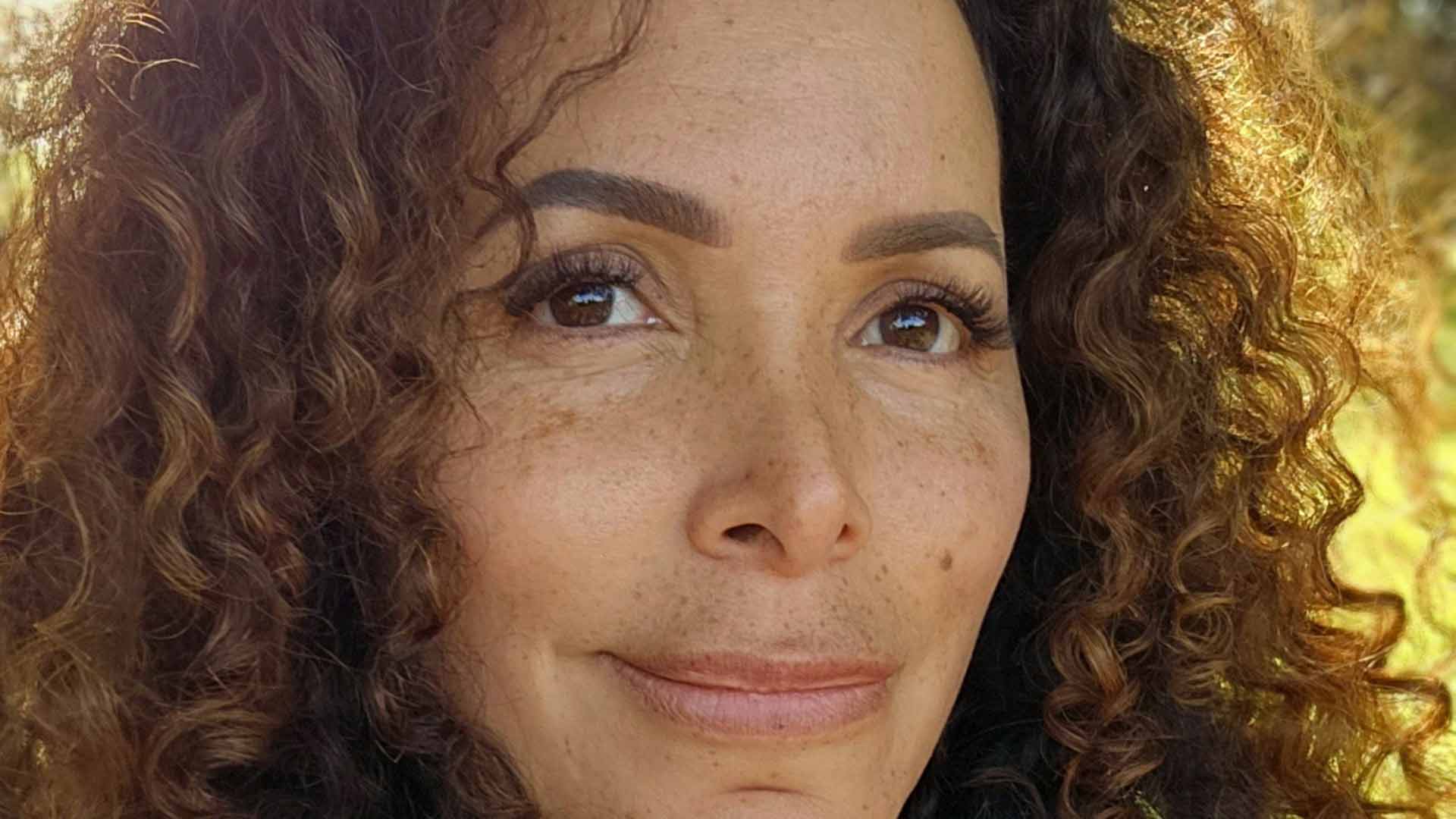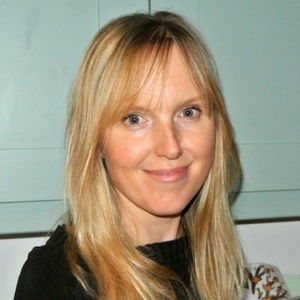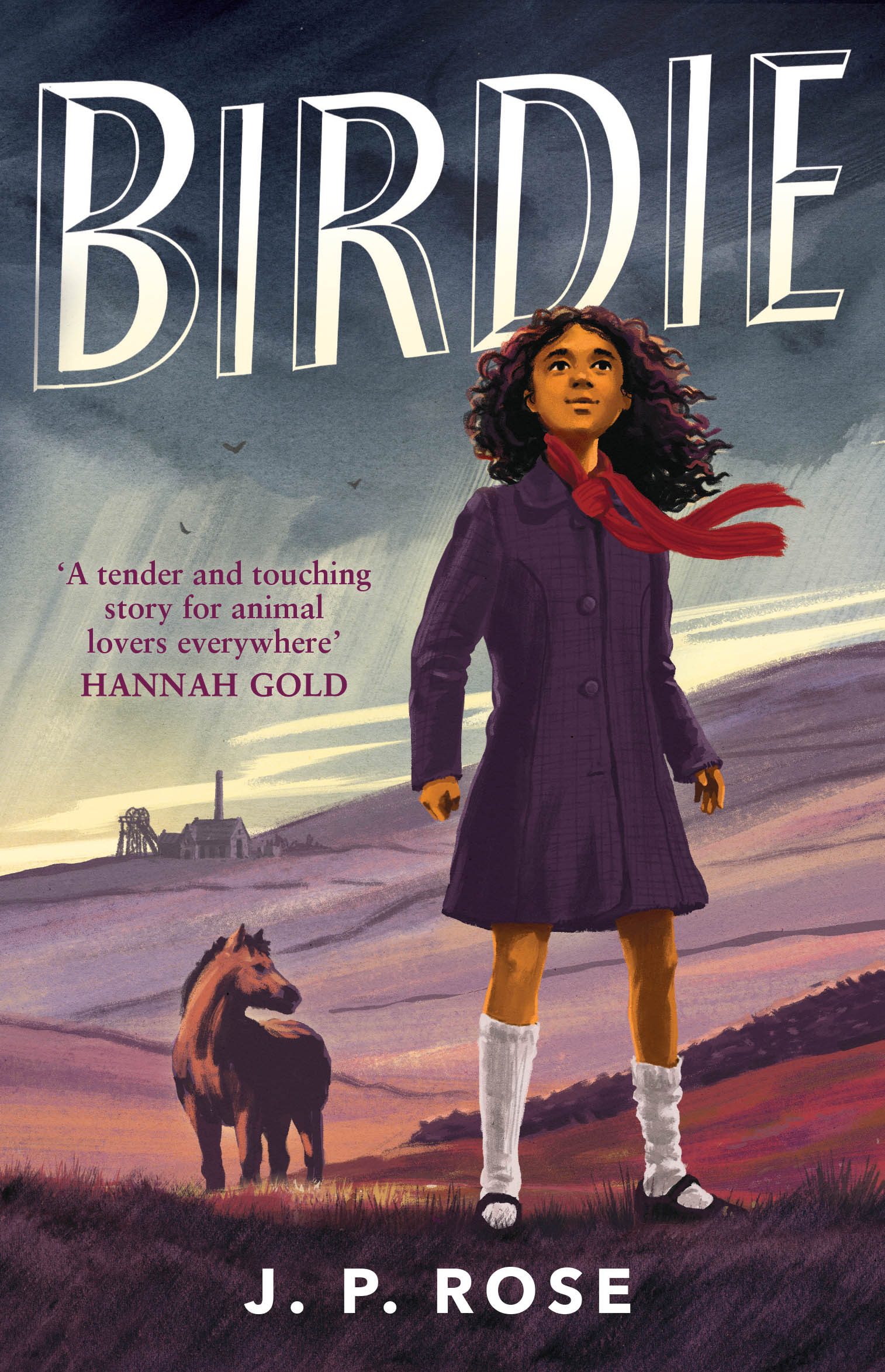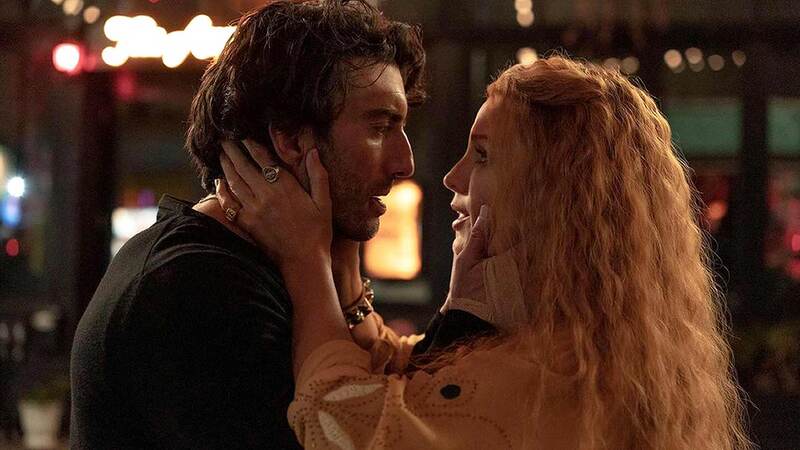You are viewing your 1 free article this month. Login to read more articles.
J P Rose explores identity and belonging in her first middle-grade novel
Gritty gangland crime writing is not the most obvious route into children’s books agrees author Jacqui Rose, laughing as we talk over video call. The author of more than 14 urban thrillers, she has just dashed back to London from Kent for our interview, where she has been tending to her horse who is ill with a cough. This is somewhat more on-brand for her new direction: her first middle-grade novel Birdie will be published by Andersen Press this October (under the name J P Rose) and tells the story of the life-changing bond between a young girl and a pit pony in 1950s Yorkshire. The book draws on both her own experiences of growing up a mixed-heritage child in a mining village and her lifelong love of horses. “I’ve long wanted to write this story,” she tells me.
The opening pages of Birdie see the eponymous heroine move from a Leeds children’s home for the “brown babies” of Black American servicemen and white British women, to her great aunt’s home in a small mining village. Leaving the sanctuary of the home behind, Birdie cannot understand why she is treated as an outsider. When bullying drives her to take refuge in an old coal mine, she discovers Mr Duke — the last remaining pit pony in the village — and an unbreakable bond is formed.
“For children to have a relationship with an animal who judges not, who just sees you, is a magical, therapeutic thing,” says Rose. The book follows her personal journey of navigating a new life and dealing with prejudice and racism, along with her dogged quest to save Mr Duke.
Rose grew up in the 1970s, but many of Birdie’s 1950s experiences resonate with her own. Adopted by “an amazing” white family, Rose’s Jamaican, Nigerian and Anglo-Irish heritage made her stand out in the village. “It was really difficult because no matter how I tried to fit in, I didn’t,” she recalls: there were birthday parties where she wasn’t allowed in the house; a bus driver who refused to let her on his bus. “It felt normal because it happened so often. There was a narrative about me — who I should and shouldn’t be.” Rose recalls it feeling difficult to “own” herself. “There was so much in my world that I didn’t understand. Writing allowed me to create my own safe space.” Words were a solace and she began writing the stories she could not find anywhere else. “I created a world where I could fit in, where nobody could judge me or tell me that I couldn’t be the princess. It was wonderful, so empowering.” Following the bus incident, an old farmer suggested she try four legs instead and introduced her to the horse who would spark a lifelong love affair. “I look back now and he was a scruffy old cob,” Rose laughs, “but to me he was a king among stallions.” Animals and words were the two forces which got her through this difficult time. “I felt I’d found magic.”
No matter how I tried to fit in, I didn’t... There was a narrative about me — who I should and shouldn’t be
Her journey into children’s books took a long time. Rose initially trained as an actor but longed to move into writing. An early pitch for a novel with quirky, Northern characters was rejected by agents and she was instead directed towards the gangland crime genre. HarperCollins’ Avon imprint snapped her up and commercial success followed, but she admits to feeling stuck. “It taught me so much, so in that sense I’m really grateful, and it allowed me to be a full-time author. But, for me, children’s books are footprints in my heart.”
As she observed the children’s book world becoming more diverse, Rose worked with her agent Clare Wallace to find the right story, making her début with The Haunting of Tyrese Walker: a teen psychological thriller exploring themes of trauma and loss. The book was shortlisted for both the Branford Boase and the Diverse Book Awards and she initially planned to keep writing for this age group — but Birdie’s voice proved too strong. “I stared at the screen and felt like I was watching a movie. It was just this voice. It all came out.”
Rose researched the 1950s historical context, particularly the concept of the “brown babies” homes and the fate of pit ponies, but found that in terms of racial integration, the 1950s weren’t so different to what she had personally encountered in the 1970s. She drew on her own experiences in creating the characters that Birdie encounters. “Birdie is the child that I wasn’t ever brave enough to be,” Rose explains. “She was always there, such a loud voice in my head. She also felt so personal, and so real that I didn’t know if she would translate on the page.” The indefatigable Birdie is an unforgettable character, navigating her strange new world and the hostility of the villagers with courage, curiosity and an open heart. Her experiences reflect that of the post-war changes happening in 1950s Britain. “You’re zooming in, slowly, until we meet Birdie Bagshaw with all her hope.” An initial draft was a little dark — a remnant of her crime-writing background, perhaps — and Rose was encouraged to strip it back and focus on the book’s relationships. “I realised how much of a healing power Birdie was. It was important for me not to be idealistic, but on that individual level she was able to encourage people to look and reflect on themselves.” Themes of tolerance, renewal and optimism are woven into the story, which was very much Rose’s vision. “I see children’s books as a road map of empathy and understanding, of reflection of kindness.”
With the success of authors like Hannah Gold and Phil Earle it feels as though the children’s book market is experiencing a renaissance in animal stories. Why does Rose think modern children are connecting to books about the natural world? “I think sometimes it’s the simplicity and beauty of nature,” she muses. “And there’s a pause. The world is so fast moving. But whether you go out and stand by a tree, or a river, it stops. And that’s what people need. A beat.”










